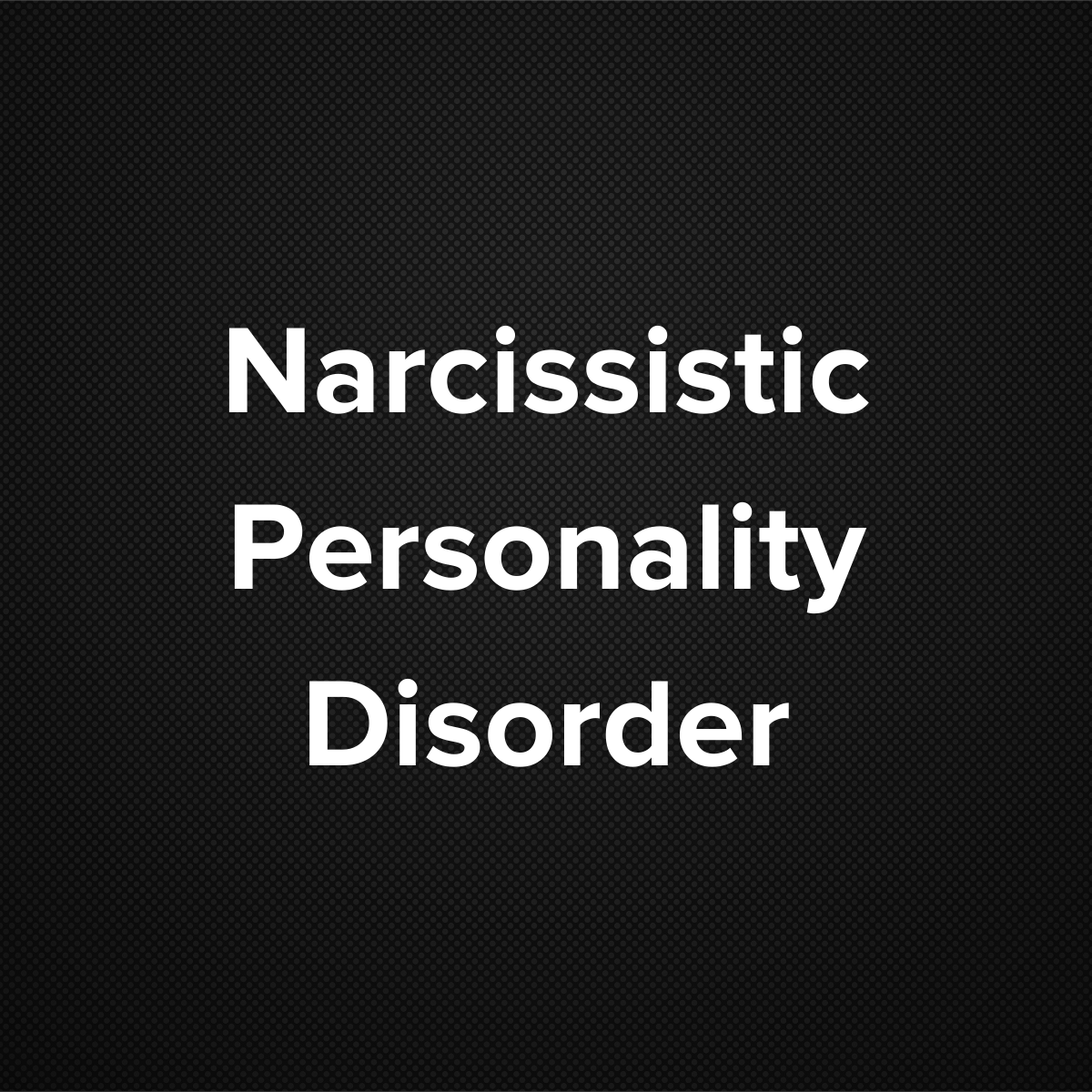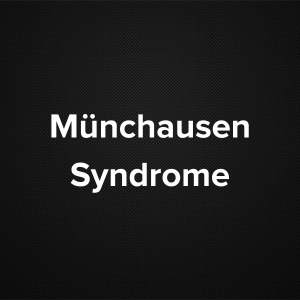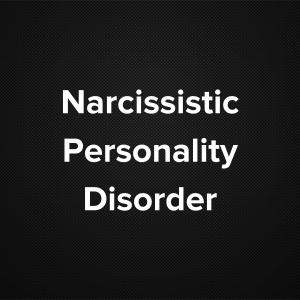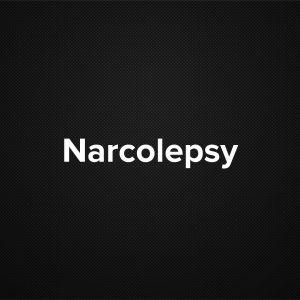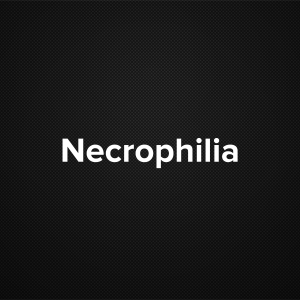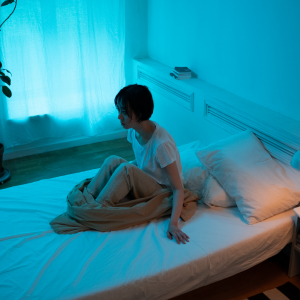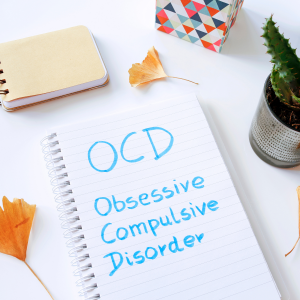Causes and risk factors
The exact cause of NPD is unknown. It is as a result of social, environmental, biological, psychological influences. It can be related to the childhood experiences such as unaddressed fears and needs, lack of attention and praise, neglect and emotional abuse, excessive praise and pampering, manipulative parents. It is more common in men than in women.
Clinical presentation
A NPD patient will present most of the following symptoms – grandiose sense of self importance , excessive boasting, need for recognition; preoccupied with fantasies such as power, brilliance , beauty, ideal love; believing that he or she is superior and special and should interact with similar people; need for excessive admiration, proud, haughty, arrogant, rude; lacks empathy ; expectation of favourable treatment from others; takes advantage of others, will exploit others to achieve his goal.
Investigation
Medical history by the patient and psychological evaluation by the psychiatrist or psychotherapist helps in diagnosis. Usually patients do not seek medical treatment for NPD. But if the person is brought to the doctor by relatives at least five of the above mentioned symptoms need to be present, to come to the diagnosis of NPD.
Treatment
Psychotherapy is the only treatment for NPD. Medications like anti-anxiety or anti-depressants may be prescribed for some patients.
Other Modes of treatment
The other modes of treatment can also be effective in treating NPD. Homoeopathy is a science which deals with individualization considers a person in a holistic way. This science can be helpful in combating the symptoms. Similarly the ayurvedic system of medicine which uses herbal medicines and synthetic derivates are also found to be effective in treating NPD.
Facts and figures
NPD is more common in males than in females. It is found to occur in 6.2% of people in general population.
